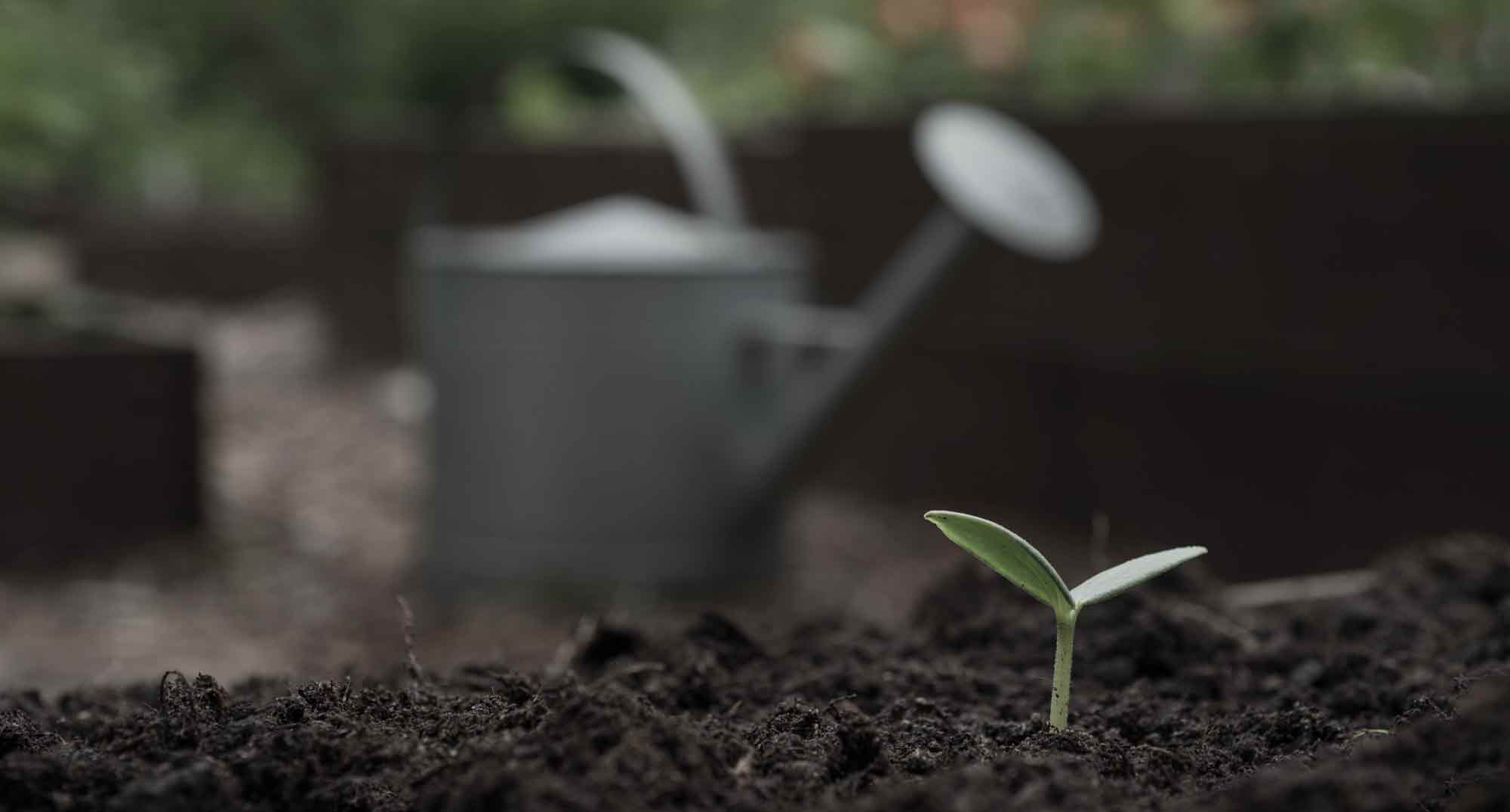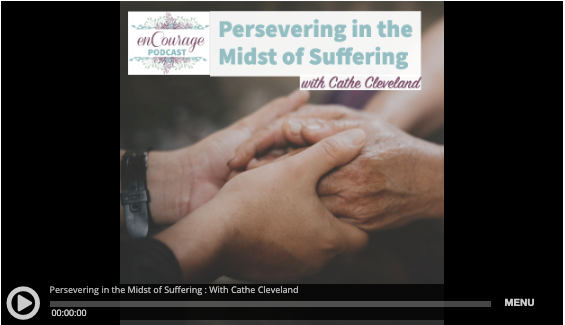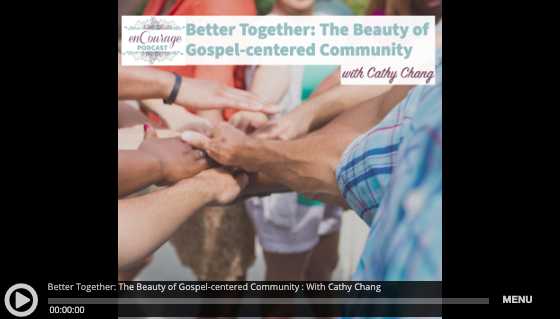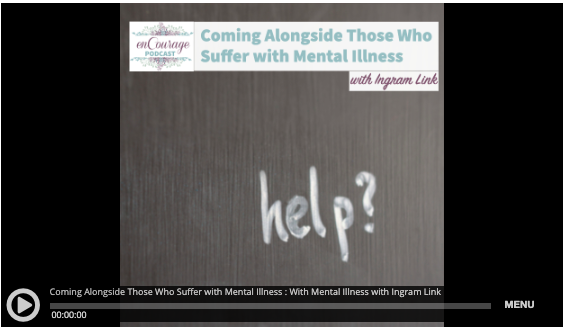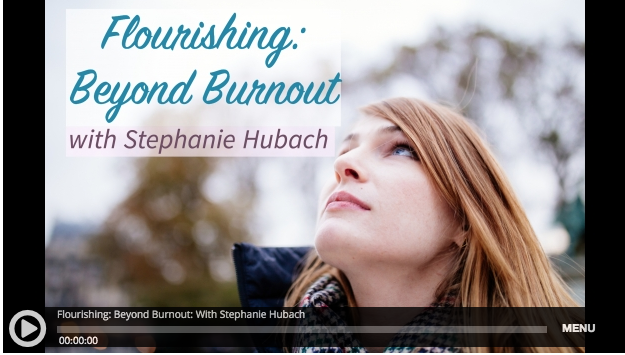Romans 8 and Our Hope in Glory
I am enjoying the first signs of spring in North Carolina. Flowers are beginning to bloom; the bare tree branches are beautifully clothed with green leaves. The grass is starting to grow. The sky is brilliant blue. And the sun shines brightly. But as I view all this beauty, I continue to experience chronic pain that has been my companion for over fourteen years now. This suffering within me reminds me that the beauty I see around me is far inferior to what will be revealed in the new heaven and the new earth. The most glorious spring day is only a glimpse and a taste of the beauty that is to come. And when that beauty comes, there will be no more pain. We will behold the face of our beloved Savior and live with Him for all eternity, free of sin and suffering. Romans 8 and Suffering In the meantime, the Scriptures do not tell us that we might suffer; they tell us that we will suffer. Thankfully, suffering for the believer is always filled with purpose. The Scriptures put suffering in the light of eternity. We must do the same. The apostle Paul tells us that the sufferings of this present time will not even compare with the glory that is to be revealed in us when Christ comes again (Rom. 8:18). In our suffering then, we need to fix our eyes on the future glory that awaits us and persevere as God preserves us. Eager Anticipation of Glory Paul teaches us in Romans 8 that both creation and those who have the firstfruits of the Spirit (believers) are suffering. But we suffer knowing the Holy Spirit secures every stage of salvation. This life is not the end. Glory awaits us! Those who have been justified will be glorified. Because we possess the Spirit as believers, we groan inwardly as we wait eagerly for adoption as daughters. We have already been adopted (v. 15), but there is a “not yet” aspect to this adoption—the redemption of our bodies. It is this for which we hope with patience...

